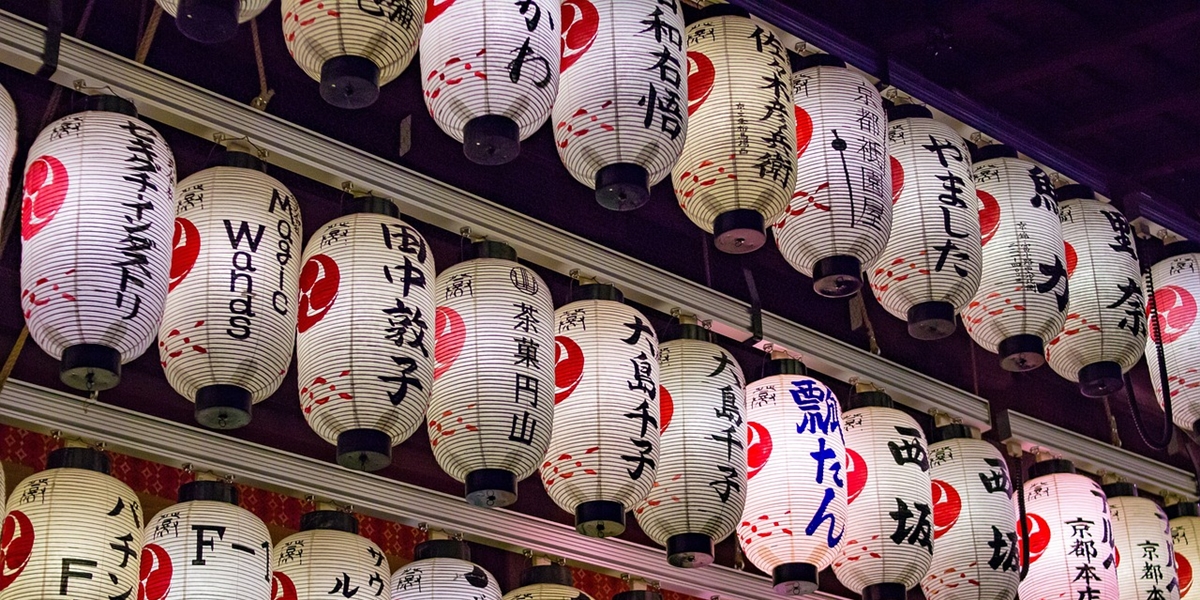Kapanlagi.com - Success is something that everyone wants to achieve. Well, for KLovers who are learning Japanese, there is a successful Japanese language that you can learn to expand your vocabulary.
In addition to knowing successful Japanese language, KLovers can also learn several successful Japanese proverbs that may serve as motivation for your life, complete with their meanings.
Now, for those who are curious, here is an explanation of successful Japanese language, complete with a list of its ancient proverbs. Let's check it out, KLovers.
1. Understanding Japanese Language Success

Illustration (credit: pixabay.com)
When talking about success in the context of the Japanese language, it refers to high achievement or proficiency in something. In Japanese, the term for successful language is translated as "seikou". Successful Japanese language can be translated into Japanese as "seikou suru nihongo". This term refers to the highest achievement.
The concept of "gaman" or high patience and strong commitment to work or specific goals is considered a sign of success in Japanese culture. The Japanese also appreciate those who work hard and have resilience to overcome challenges. Japanese culture pays great attention to quality and accuracy.
Although working hard is considered important, the balance of life and harmony in social relationships is also seen as a sign of success. This reflects the philosophy of "wa" or harmony in society. Thus, this success is not only seen from the material aspect or individual achievements alone, but also contributes to society.
2. Ancient Japanese Proverbs about Success

Illustration (credit: pixabay.com)
In the context of Japanese culture, this proverb is often used to inspire people to keep working hard and persevere in the face of trials or difficulties, because good results can be achieved if we continue to work hard and be patient. Here are the ancient Japanese proverbs about success:
1. "nana korobi ya oki"
Meaning: "Fall down seven times, get up eight times."
This proverb teaches the importance of not giving up even after experiencing failure or difficulties. Success comes to those who keep fighting and getting up every time they fail.
2. "tsuru wa sennen, kame wa mannen"
Meaning: "The crane lives for a thousand years, the turtle lives for ten thousand years."
This proverb depicts the value of patience and perseverance. Like the crane and the turtle that live very long lives, success is often achieved through a long and patient process.
3. "koketsu ni irazunba koji wo ezu"
Meaning: "If you don't enter the tiger's den, you won't catch its cub."
This proverb emphasizes the importance of taking risks and facing big challenges to achieve great success.
4. "narau yori narero"
Meaning: "It's better to get used to it than just learn."
This proverb emphasizes the importance of practice and experience in developing skills or achieving success. By continuously doing something, a person will become skilled and proficient.
5. "ningen banji saiou ga uma"
Meaning: "Human life is like the story of Saiou ga Uma."
This proverb teaches that life is full of ups and downs, and what may seem bad at first can turn into something good, and vice versa. Success can come from unexpected or unforeseen events.
6. "issun no mushi ni mo gofun no tamashii"
Meaning: "Even a tiny insect has half a soul."
This proverb teaches that no matter how small or simple someone or something is, what matters is the strong spirit and determination to succeed.
7. "ashita wa ashita no kaze ga fuku"
Meaning: "Tomorrow will come with its own wind."
This proverb teaches the importance of focusing on today and preparing for the future without worrying too much about uncertain things.
8. "sasa no ha yaketemo ni nen"
Meaning: "Bamboo leaves can burn, but its roots remain alive for two years."
This proverb depicts resilience and strength in facing temporary difficulties or failures. Despite facing obstacles or unpleasant events, a person can still endure and rise again.
9. "sanshou wa kotsubu demo piriri to karai"
Meaning: "Even though the Sichuan pepper is small, it still tastes spicy."
This proverb teaches that a person's size or appearance does not always reflect their actual potential or abilities. People who appear simple or small can have a big impact or extraordinary ability.
10. "saru mo ki kara ochiru"
Meaning: "Even monkeys fall from trees."
This proverb reminds us that no one is perfect and everyone can experience failure or mistakes. It is important to learn from mistakes and continue to strive for success.
That is an explanation of Japanese success language that KLovers can know. Hopefully, this can increase your knowledge for those who are learning Japanese.
(kpl/dhm)
Disclaimer: This translation from Bahasa Indonesia to English has been generated by Artificial Intelligence.














